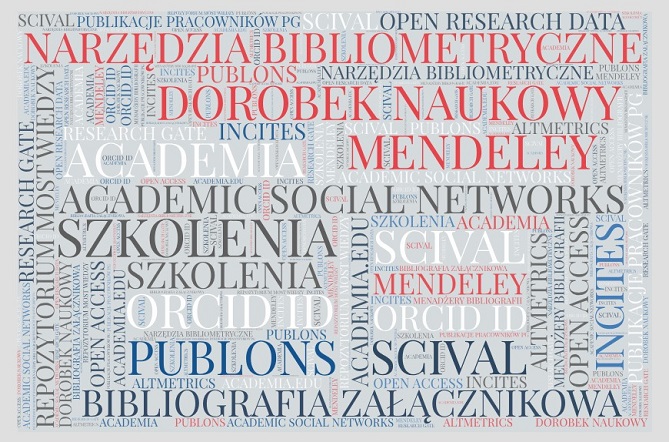
Scholarly communication is the system through which research is created, evaluated, disseminated to the scholarly community, and preserved for future use. The system includes formal (publication in peer-reviewed journals) and informal means of communication (electronic mailing lists, social networking sites for researchers – ResearchGate, Academia; using social media to promote research – Twitter, Facebook).
Scholarly research is created as a public good, a substantial portion of which is publicly supported through state support of researchers at state higher-education institutions. The formal system of scholarly communication is showing signs of crisis -access to scholarship is threatened by various issues and trends. These problems should be addressed by the higher education community, including academic libraries.


